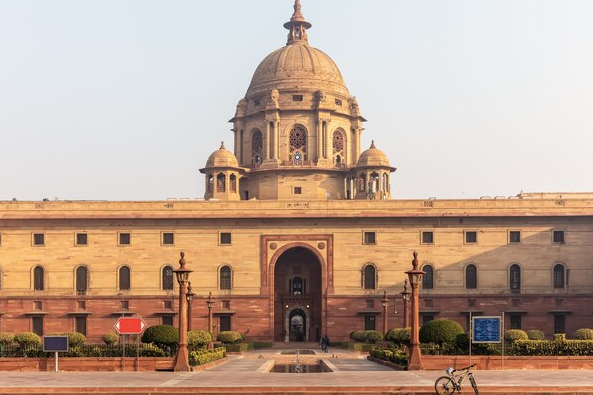No Contrary View Can Be taken by Labour Court Once Order of Termination approved by the Industrial Tribunal: Supreme Court


The Hon’ble Supreme Court recently held that the order passed by Industrial Tribunal.1 is binding. The views of Industrial Tribunal being higher forum attains finality and no contrary view can be taken by the Labour Court to such findings.
In the present case a workman, serving as a bus conductor was alleged to have collected the amount for 10 tickets without issuing tickets. In the departmental enquiry conducted by the Corporation workman was found guilty and terminated vide an Order dated 31 July, 2001.
An application for approval of such action was made by the Corporation to the Industrial Tribunal (“The Tribunal”) on the same day. The Tribunal held the inquiry bad but allowed the Corporation to prove their charges. Upon evidence by both parties order dated 21 July, 2015 approved the order of termination.
The Workman raised this issue before the Labour Court, Jaipur (“Labour Court”). The workman had died in the meantime. The Labour Court vide judgement dated 19 November, 2019 set aside the order of termination and awarded 50% back wages from the date of termination till his death on 10th December, 2018.
The Corporation challenged the order passed by the Labour Court before the Single Judge of the High Court. However, Corporation failed to succeed in the High Court and it was eventually taken up to the Hon’ble Supreme Court by way of an appeal
Learned counsel for the appellant argued that the application under Section 33(2) (b) of the Act was approved by the Industrial Tribunal and it was not open for the workman to raise the issue again, that too after a period of 19 years. It was argued that the High Court erred in confirming the judgement of the Labour Court which set aside the order of the Industrial Tribunal.
Learned counsel for the respondents submitted that as per the decision of the Supreme Court in John D’Souza vs. Karnataka State Road Transport Corporation,2 proceedings initiated under Section 33(2)(b) and Section 10 of the Act are distinct. In this decision, it was held that proceedings under Section 33(2)(b) are merely summary in nature and the findings in such a decision shall not affect the substantive right to reference under Section 10 of the Act.
It was also argued by the Learned Counsel for the respondents that since the workman has died and his heir-widow is awarded only 50% back wages, the Court may not interfere in exercise of its powers under Article 136.
The Hon’ble Supreme Court held that once the Corporation led the evidence and proved misconduct before it, a fresh reference under Section 10 of the Act challenging the order before Labour Court is not permissible. The Tribunal is a higher forum than the Labour Court and as such its order attains finality.
As per Section 7 of the Act, Labour Court is constituted for the adjudication of industrial disputes relating to any matter specified in the Second Schedule and for performing such other functions as may be assigned to them under the Act. In contrast to the Labour Court, as per Section 7A of the Act, Industrial Tribunal is constituted for the adjudication of industrial disputes relating to any matter, whether specified in the Second Schedule or the Third Schedule and for performing such other functions as may be assigned to them under this Act. Since Industrial Tribunals have a wider jurisdiction compare to Labour Courts, no contrary view can be taken by Labour Court once order of termination is approved by the Industrial Tribunal.
This Judgement clarifies the question of jurisdiction over parallel applications filed by the parties before the Industrial Tribunal and Labour Court.
1 Rajasthan State Road Transport Corporation v. Bharat Singh Jhala (Dead) Son of Shri Nathu Singh, Through Legal Heirs and Another, 2022 SCC OnLine SC 1335.
2 John D’Souza vs. Karnataka State Road Transport Corporation, 2019 SCC OnLine SC 1347.





